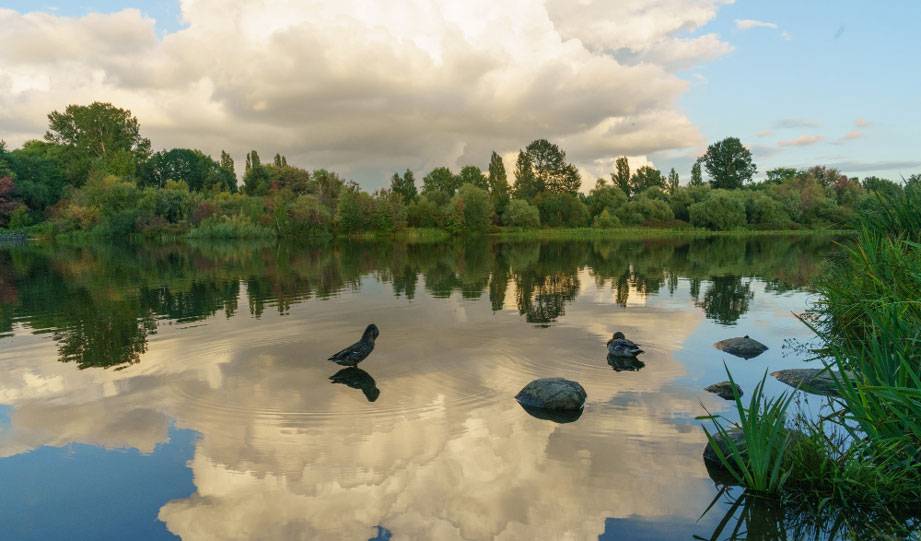The Magpie River in Quebec, Canada, has achieved personhood status, which comes after the municipality of Minganie and the Innu Council of Ekuanitshit took decisive action to protect this incredible ecosystem.
Since the state government has been reluctant to confirm how they plan to protect the rivers, locals took the cause into their own hands to protect the river in the same way they would protect a person.
But what’s truly interesting about the concept behind personhood comes in the form of nine rights, as reported by The National Observer.
“In accordance with Innu customs and practices, the Alliance has granted the river nine rights: 1) the right to flow; 2) the right to respect for its cycles; 3) the right for its natural evolution to be protected and preserved; 4) the right to maintain its natural biodiversity; 5) the right to fulfil its essential functions within its ecosystem; 6) the right to maintain its integrity; 7) the right to be safe from pollution; 8) the right to regenerate and be restored; and perhaps most importantly, 9) the right to sue.”
It’s still unclear how this will practically provide protection for the river from development projects like dams.
But, with other countries like New Zealand and Ecuador taking similar actions, it’s a clever move to force more stringent protection of nature.
And it shows how small communities can take actions in a legal way to protect ecosystems.


